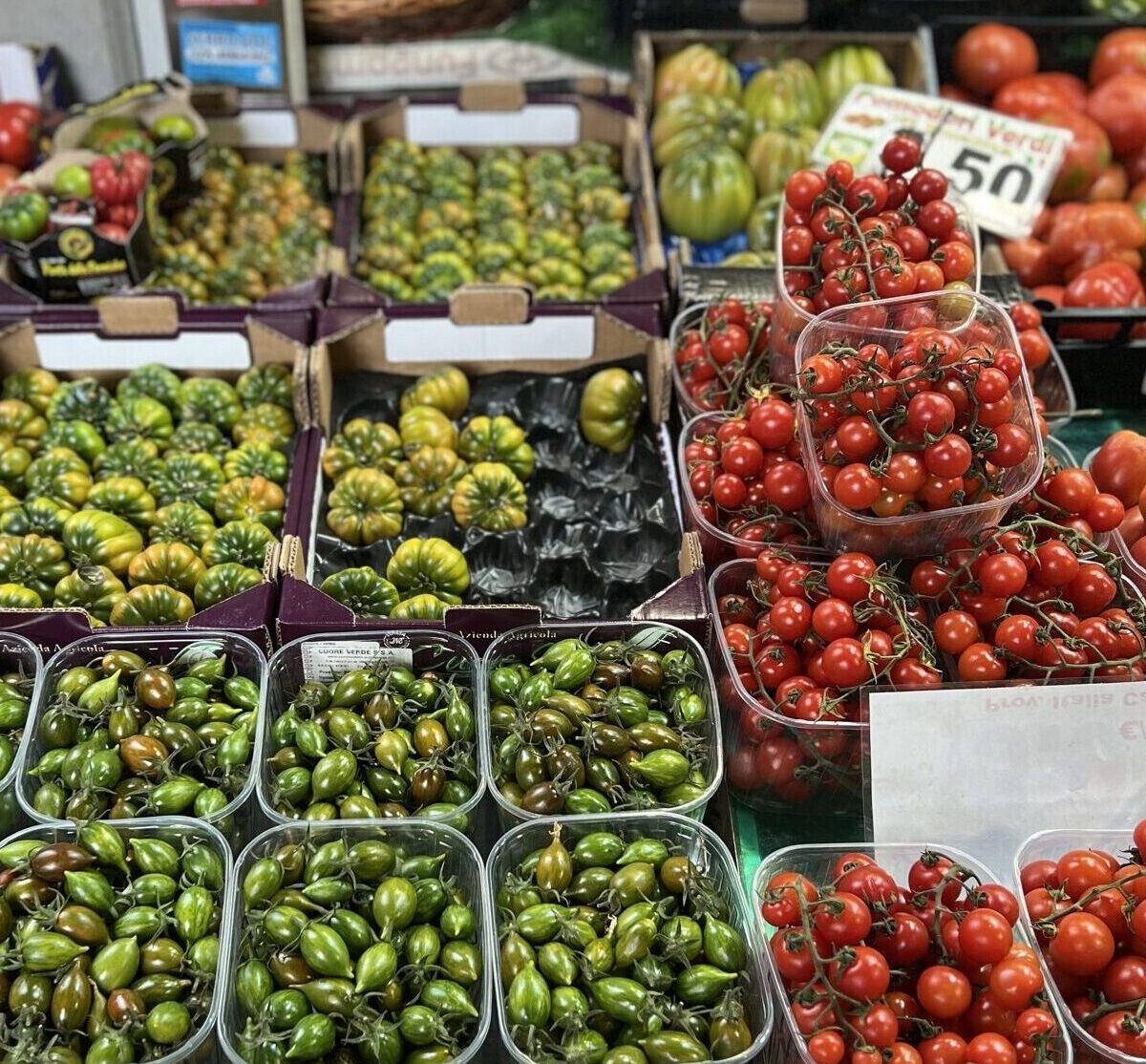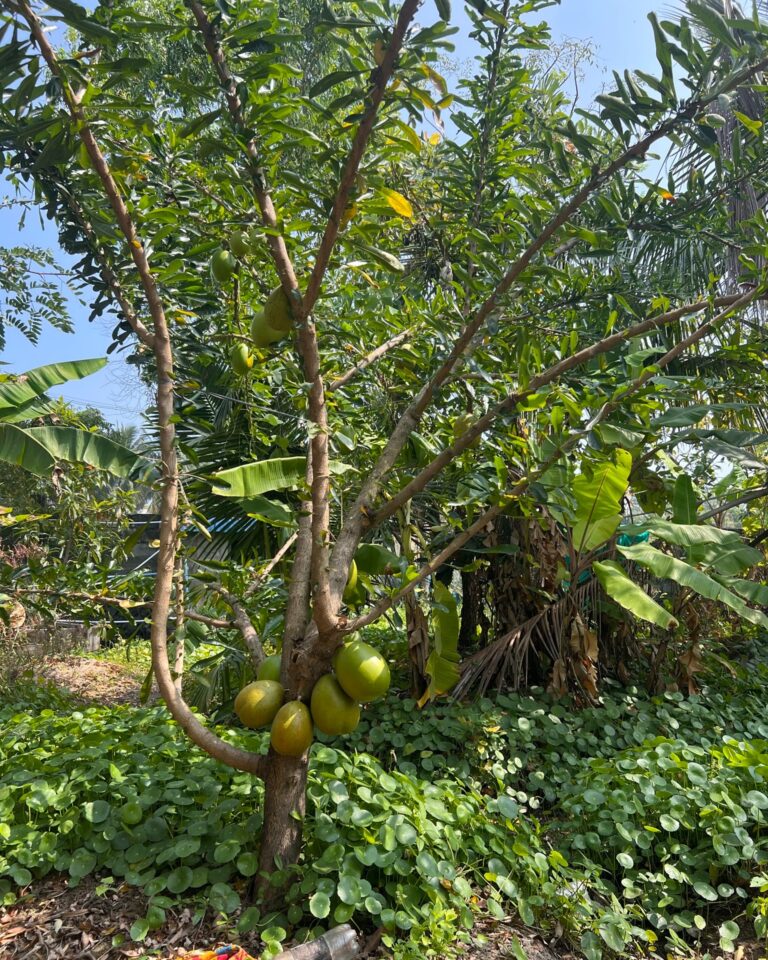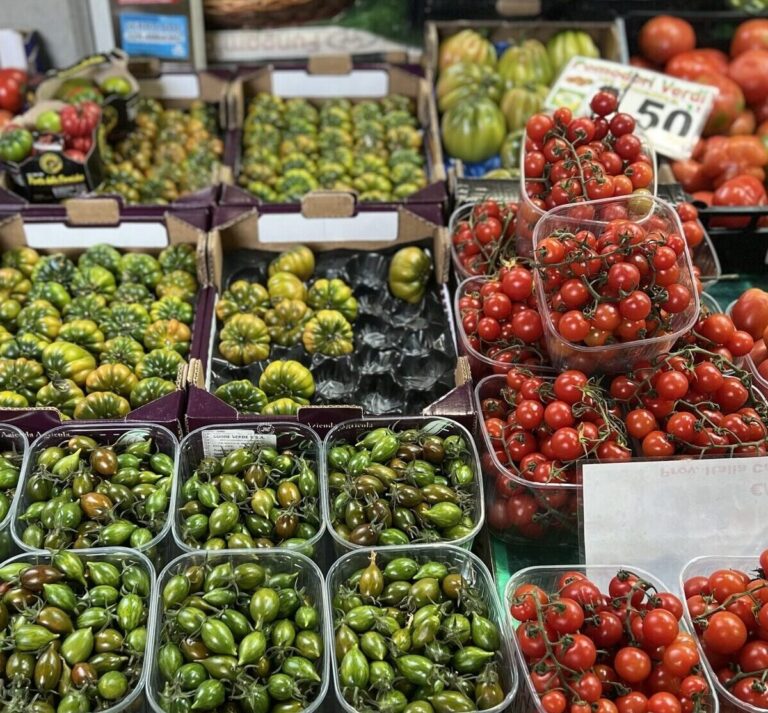
Celebrated National Farm to School Month with Woodward North
Food sustainability is about a behavior change! National Farm to School Month started off well for Woodward North in Johns Creek with a reworking of

Sustainable food systems are not just about farming and food production, it is also about engaging the whole network of actors involved in providing food to the people. Food systems management can vary substantially from place to place and over time, depending on location specific conditions that includes land stewardship, policy, people’s participation and available resources for production of food and a well-serving markets. Especially in the local food systems this network is small and also easily manageable than huge comprehensive global food systems where the control over social, economical and environmental outcome of production of food could be challenging.

USDA’s National Agricultural Library defines food systems as “everything from farm to table.” USDA describes local and regional food systems as “place-specific clusters of agricultural producers of all kinds—farmers, ranchers, fishers—along with consumers and institutions engaged in producing, processing, distributing, and selling foods.”
A definition used by the U.S. in its Global Food Security Strategy is “Agriculture and food systems are intact or whole unit made up of interrelated components of people, behaviors, relationships, and material goods that interact in the production, processing, packaging, transporting, trade, marketing, consumption, and use of food, feed, and fiber through aquaculture, farming, wild fisheries, forestry, and pastoralism. The food and agriculture system operates within and is influenced by social, political, economic, and environmental contexts.” How do we manage such complex food systems network? Explore working with us!
Food systems encompass the entire range of actors and their contribution to activities involved in the production, aggregation, processing, distribution, consumption and disposal of food products. It also includes sub-systems like farming system, waste management system, input supply system, and interacts with other key elements like trade, finance, policy.
The Circular Farm works in the realm of these systems and subsystems through our strong collaboration- partnerships model. We identify the partners required during different phases of project implementation and works on building strong partnership models globally and ensure that everyone gets equal participation benefits in building a community project. Through our participatory method, our partners engage constantly during their phase of project implementation with the local communities to build commitment to the stakeholders and faith among the communities.


Food sustainability is about a behavior change! National Farm to School Month started off well for Woodward North in Johns Creek with a reworking of

Our action towards UN Sustainable Development Goals https://www.youtube.com/watch?v=rC8MZJ4g9s8A group of 20 volunteers from around the world were connected under one thread that held us all

Creating Sustainable Landscape with Native Plants Sustainable landscape is developed as a measure to the environmental damages created due to overuse and exploitation of our

Role of Participatory Engagement in Sustainable Local Food Systems Sustainable food systems are not just about farming and food production, it is also about engaging the
Some of our partnership strengthening project is tech enabled sustainability certification for Paprika Oleo’s, our Virudhunagar based product company working with Tinkerblox Inc in setting up farm monitoring technology that seamlessly connect farms and factories. This effort has amplified the vision of the food production company in creating food brands that respect nature and human health. To such heroes, we create an ecosystem supporting them in continuing their mission. This means that we ensure –

CEO - Founder